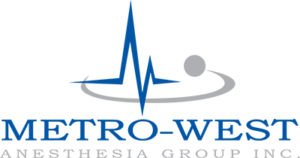Outpatient surgery or ambulatory anesthesia refers to when a patient has a surgical procedure done in an ambulatory surgery center or a hospital and goes home on the same day of the procedure. Outpatient surgery has been increasing over the past several years for a number of reasons. Outpatient procedures have definitely increased during the COVID-19 pandemic, in order to make room in hospitals for patients who have been hospitalized due to COVID-19. We have seen in the past year and in years beforehand that outpatient surgery can definitely be a safe option for patients having a number of surgical procedures. However, there are certain things that must be considered in this situation.
* Please also refer to our Surgery page for more info about surgery.
-
Pain control
One of our biggest concerns after surgery is that your pain is controlled. We can do that through a variety of mechanisms. First of all, we can give you pain medications either orally or through your IV. However, if you are going home, your pain must be controlled through oral medications. Luckily, there are a number of medications to choose from that may help. Second, it can help to do a regional pain block to make your surgical area numb and therefore have less pain.
-
Nausea
We must make sure that your nausea is controlled before you go home. Make sure to keep yourself week hydrated after the surgery when you go home, since that can make nausea worse. If your nausea cannot be controlled at home, then you make need to go to the emergency room.
-
Difficulty urinating
Sometimes anesthesia can make it difficult to urinate. We must make sure that you are urinating well before you go home. Sometimes, we allow you to go home and before that but please make sure to contact a medical professional if you cannot urinate within the first 24 hours after your surgery.
-
Person at home
Ideally, there is someone to watch you and help you at home on the day of your surgery. This person must also be able to safely drive you home on the day or your surgery. Someone may need to obtain any prescription medications that you need to recover from your surgery. Someone should be home to monitor you for any issues.
